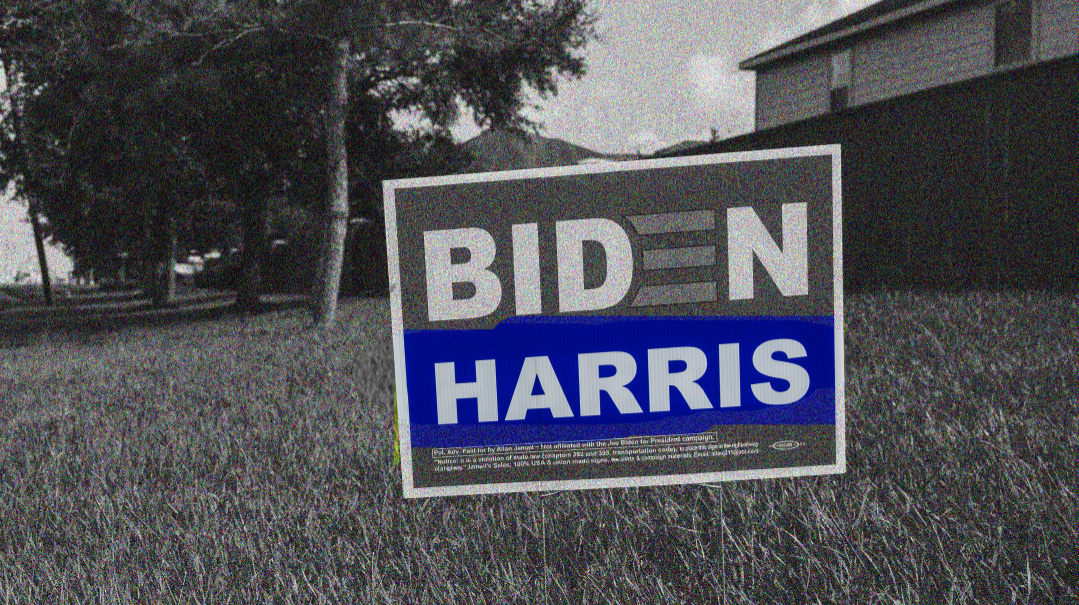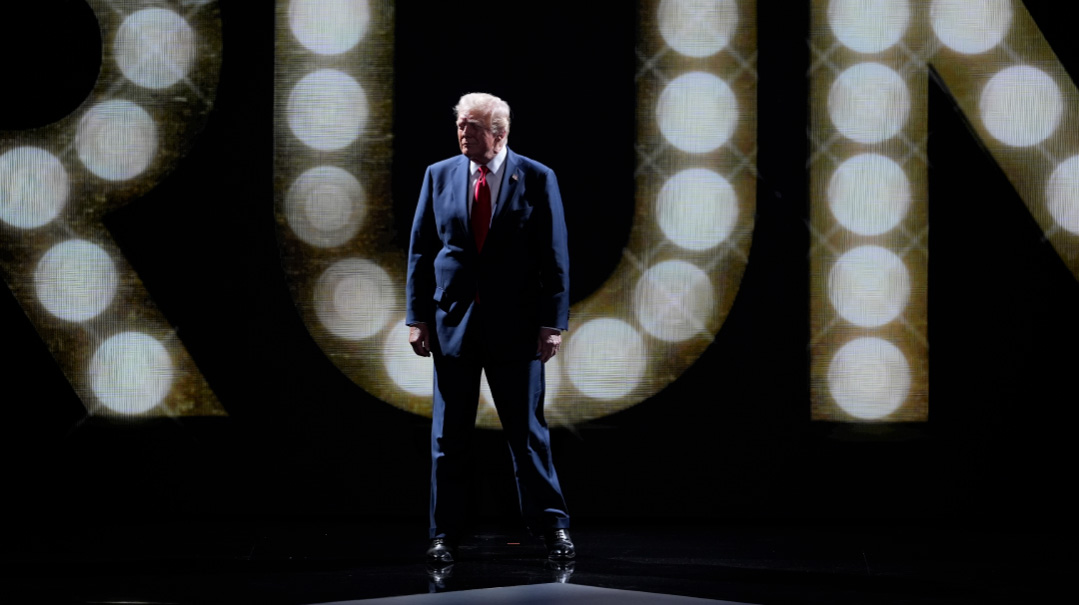Incoming

Kamala Harris, 5 things to know

Previous vice presidents have found themselves suddenly in the driver's seat after their bosses’ assassination, but Kamala Harris exists in a category of her own. She’s in the unusual situation of taking up the baton days after the attempted assassination of the president’s opponent.
For Harris, though, the net result is the same: Having been kept away from decision making and saddled with dead-end tasks — like every incumbent of the office — she’s now the likely Democratic candidate for president. With President Biden’s health a long-term item at least in conservative news, she’s not exactly Kamala Who? but neither has she fully taken shape for voters. Here are five things to know about Joe Biden’s anointed successor.
1. Bio
Born in California in 1964 to immigrant parents from India and Jamaica who were both academics, Kamala Harris was brought up first in Berkeley, where she was bused into a white suburb as part of a desegregation drive, and then in Montreal, Canada. Harris’s path to public office came via law. Appointed a deputy district attorney in California in 1990, she became San Francisco’s district attorney in 2002, having attracted support from local Senator Dianne Feinstein, who died in office last year. Her stint as California’s attorney general from 2011 until 2017 was a springboard for a successful bid for the Senate, followed by selection as Biden’s running mate in 2020.
Her marriage to Doug Emhoff, a Jewish lawyer, has long made liberal Jews misty-eyed about Harris. She played that up, noting that her stepchildren referred to her as “Mamala,” resulting in gushing profiles of the two. On the campaign trail, expect Emhoff to be deployed in the forefront of an effort to keep crucial Jewish voters onside
2. Identity Politics
Kamala Harris has made that background part of her political brand in a party obsessed with identity. That’s underscored in the opening words of her White House website page. “On January 20, 2021, Kamala Harris was sworn in as Vice President — the first woman, the first Black American, and the first South Asian American to be elected to this position.” But that brand of identity politics makes Harris a ripe target for Republicans, who portray her entire political existence as an exercise in box-checking.
3. Word Salads
To say that Harris is an ineffective communicator is diplomatic; her mangling of words made Joe Biden’s team leery about delegating to her. In the genre, a particular beauty was her 2021 interview with NBC’s Lester Holt about the border crisis. Having been deployed to seek solutions for the record migrant flows, she never actually visited the southern border to discuss policies like deportation that would reduce crossings, instead traveling to Guatemala to try to tackle the long-term roots of the problem at a cost of billions. Challenged by Holt about keeping her distance, she responded: “At some point, you know, we are going to the border,” adding, inexplicably, “We’ve been to the border. So, this whole, this whole, this whole thing about the border. We’ve been to the border. We’ve been to the border.”
Those aimless disquisitions have made her the butt of political satire, and her nervous laugh under pressure gave rise to a devastating Trumpian nickname: “Cacklin’ Kamala.” Democrats have to hope that she somehow ups her game, or those word salads will receive a roasting.
4. Flip-Flops
Adding to that summer vibe are Kamala Harris’s well-documented flip-flops, from a tough-on-crime prosecutor in California to her current far more liberal Democrat iteration. But Republicans should be wary of Harris’s counter-attacks: while her positions on everything from the Green New Deal, which she supported, to free college and animal rights are well to the left of Biden’s, her vocal support for abortion rights has polled well with voters. Trump successfully pushed the GOP to alter the party’s platform to make it less pro-life, but his running mate J.D. Vance’s past pronouncements on the subject leave the pair open to their own charges of opportunism. Flip-flops, it seems, are not the exclusive province of kale-eating liberals.
5. Israel
Perhaps the clearest break with Biden will come over support for Israel. Although she has referenced her childhood memories of putting money in JNF tree-planting pushkes, her instincts place her further to the left on Israel. She was the first senior administration official to call for a Gaza cease-fire back in March, saying that “people are starving and conditions are inhumane.” While Joe Biden himself drifted from his initial rock-solid support of Israel to holding up the supply of arms in a bid to force a cease-fire, relations would likely be more distant under a President Harris.
That’s mostly a generational thing: Joe Biden is the last of the Democratic old guard, never tiring of telling interviewers that he was a Zionist, whereas Harris is a product of the Democrats’ progressive rise. As Joe Biden bows out and Kamala Harris steps up, it’s a good time to thank the president for his firm initial stand on behalf of Israel, mourn the political passing of a generation of Democrats, and wonder what the coronation of Kamala Harris means for an Israel at war.
(Originally featured in Mishpacha, Issue 1021)
Oops! We could not locate your form.



